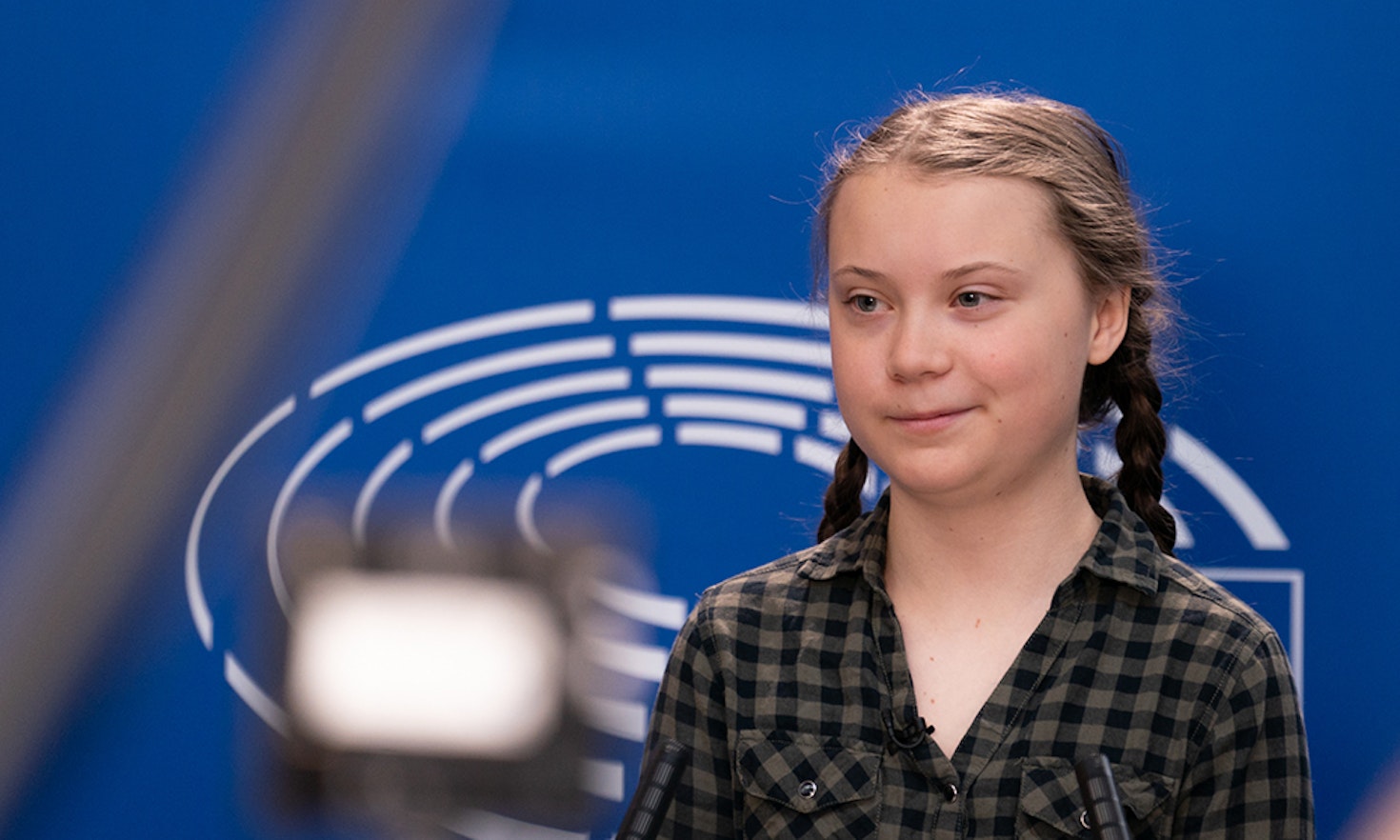
Languages in Aosta Valley – An initial less conventional picture from the inside
 Nicolò Alessi
Nicolò Alessi
In her recent address to the European Parliament, Greta Thunberg has managed to expose all the frailties of the European initiatives against climate change. Her metaphor of a civilization built on sand, with a splendid façade and shaky foundations, is imaginative and scary.
In addition to powerful images, Greta has raised at least three important substantive points that require more attention. First, by speaking on behalf of young people that have not yet the opportunity of voting in European elections, Greta has reminded her audience of the importance of intergenerational equity in climate policies. In a nutshell, policy-makers are responsible for incorporating the needs of future generations into current policy planning related to climate change.
Second, Greta has rightly presented the global fight against climate change as having a restricted window of opportunity. To reinforce this argument, she has cited the consensus reached by international scientists on the dire consequences of climate change. In particular, the 2018 IPCC report highlighted that while impacts of global warming of 1.5° will be long-lasting and disruptive, a rise in temperature of 2° would have even more serious consequences.
This leads to the third point made by Greta, that is if we want to prevent the extreme consequences of climate change, we need to act now. In particular, politicians need to act now and the EU must play a leading role here. What has the EU done so far?
The EU has been one of the most active players in brokering international agreements on climate change mitigation and adaptation. It is also thanks to the EU that international consensus has consolidated around the need to limit the rise in the global average temperature to well below 2°C—and possibly to below 1.5°C—compared to pre-industrial levels. Presenting itself as a unified international actor, the EU has certainly magnified the bargaining power of its Member States in the global fight against climate change. Furthermore, the EU has always acted as a frontrunner in making commitments to curb greenhouse gas emissions. Following the Paris agreement, Member States have agreed to cut emissions by 40% by 2030, which is higher than the targets declared by other decisive players such as Canada, China, and India (Intended Nationally Determined Contribution – INDC). The question remains as to whether these commitments are going to be enough.
On one level, while the EU is on track to reach its objective of cutting emissions by 20% compared to preindustrial levels by 2020 (20-20-20 targets), many Member States have exceeded their annual emissions allocation both in 2016 and in 2017 (COM(2019) 149 final). This exposes one of the contradictions of both EU and global policies in relation to climate change, i.e. the assumption that reducing emissions to the levels required is possible while maintaining (or increasing) economic growth and current development patterns. In this respect, some sectors are more problematic than others. According to EU data, emissions from road transport increased until 2017 compared to the levels of 2005. Emissions from F-gases (fluorinated gases) employed in refrigeration, air-conditioning and heat pumps are also problematic (COM(2018) 716 final). The EU therefore needs to do more if it wants to continue to steadily decrease its emissions by 2030 and 2050.
Furthermore, the EU is not the only powerful player and climate change needs coherent global action. Notwithstanding EU efforts, temperatures are projected to rise by 3 degrees Celsius if non-EU countries do not manage to respect the pledges made in their INDCs. And this is still a rosy expectation. Furthermore, global efforts to curb emissions are seriously threatened by President Trump’s announcement that the United States would withdraw from the Paris Agreement. Therefore, we still need a strong EU taking the leadership in the international fight against climate change if we want to have a chance of succeeding.
 | PhD in International Studies (2017, University of Trento), Federica is Senior Researcher in Environmental Law at the Institute for Comparative Studies, Eurac Research. Her research focuses on the legal governance of the environment, especially concerning biodiversity law and water law. She wants to contribute to the debate about how to divide environmental powers across different governance levels in ways that truly promote the protection of the environment. Federica is also an avid reader of novels, a movie connoisseur and a loving mum. . |
This content is licensed under a Creative Commons Attribution 4.0 International license.